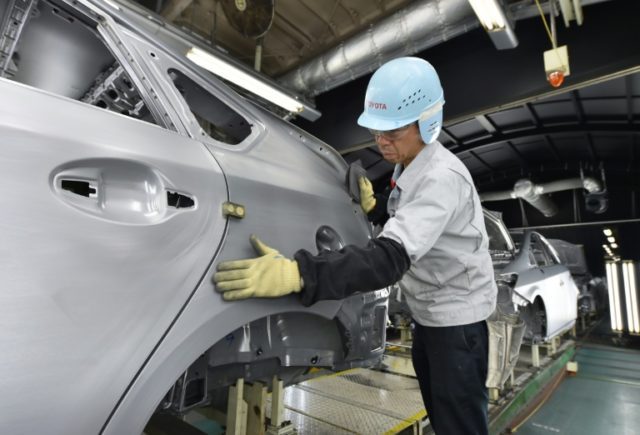The possibility of auto tariffs has Toyota rethinking its import strategy.
Toyota operates ten manufacturing plants in the U.S. and is in the process of building one more. But the Japanese car company is also a huge importer of autos made by foreign workers. Every single RAV4, Toyota’s best selling model, is currently imported into the U.S. from Japan or Canada.
In total, about half of Toyota’s car sales in the U.S. are imports.
According to Bloomberg, Toyota is re-evaluating this heavy dependence on importing cars into the U.S. market.
Toyota Motor Corp. may stop importing some models into the U.S. if President Donald Trump raises vehicle tariffs, while other cars and trucks in showrooms will get more expensive, according to the automaker’s North American chief.
The Japanese carmaker is busy analyzing scenarios about how tariff schemes could affect each of its car and truck lines, said Jim Lentz, CEO for Toyota’s North American operations.
“If it winds up being 10% or 25%, almost on a series-by-series basis, we’ve got to evaluate what we’re going to do,” he said in an interview. “In some series, we may raise prices. On other series, we may stop imports, and then consumers will have less choice.”
The CEO says that one thing Toyota could do is start building more parts in the U.S.
The total withdrawal of certain models from U.S. markets would benefit U.S. workers by increasing demand for domestically made cars.

COMMENTS
Please let us know if you're having issues with commenting.